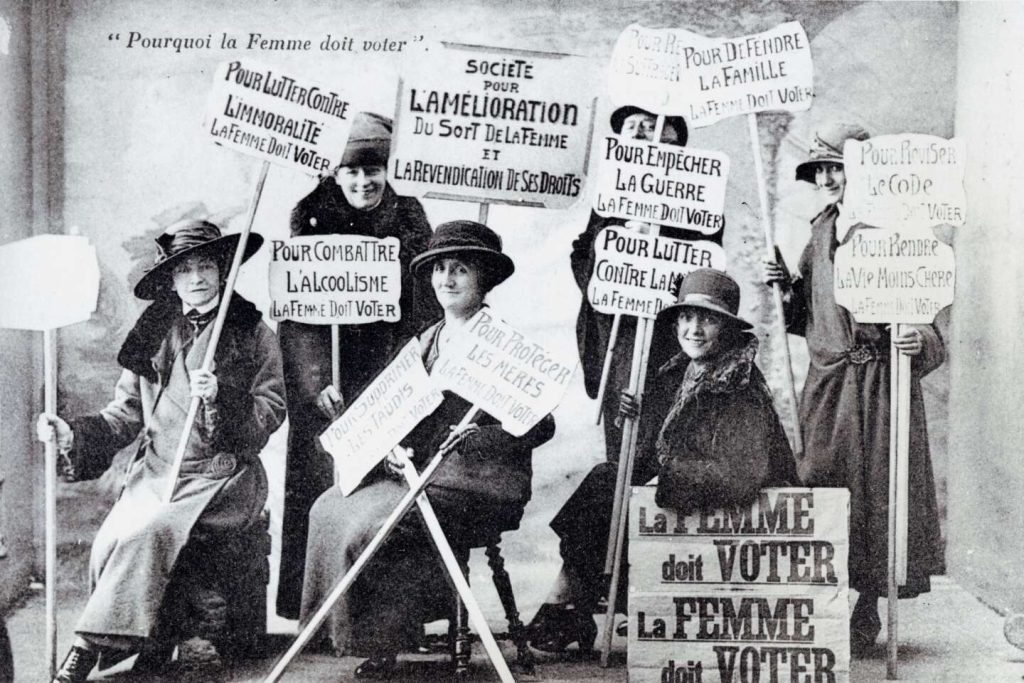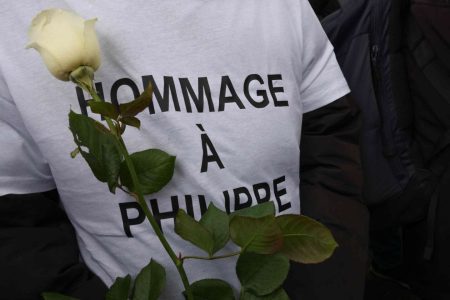Citoyennes! is a documentary that explores the history of women’s suffrage and the fight for women’s right to vote. It delves into the struggles faced by suffragettes in the UK, Switzerland, and France, highlighting key figures such as Emmeline Pankhurst and Louise Weiss. The film showcases rare archival footage, including interviews and historical reenactments, to illustrate the challenges and victories of the feminist movement.
The documentary traces the evolution of the suffragette movement, from radical and avant-garde tactics to the cultural and political shift that eventually led to women’s suffrage in the UK in 1928. Through the lens of history, viewers are able to understand the significance of the suffragettes’ hunger strikes and the impact they had on public opinion. The film also sheds light on the unique challenges faced by women in Switzerland, where factors like neutrality, direct democracy, and conservatism hindered progress towards gender equality.
In France, where women faced legal obstacles due to Napoleon’s Civil Code of 1804, the fight for suffrage took on a different tone. Women from the upper echelons of society led the charge, with figures like Victor Hugo inspiring suffragists and writers like George Sand presenting opposing views. The documentary highlights missed opportunities in the French suffragette movement, while also spotlighting the voices of women who voted for the first time in 1945, reflecting on the progress made and the challenges that still remain.
The filmmakers interviewed women who were among the first to vote in 1945, including resistance fighters and single women who faced societal pressures. They reflect on whether progress has truly been achieved since gaining the right to vote, with some questioning the high rates of voter abstention today. The documentary serves as a reminder of the sacrifices made by those who fought for women’s suffrage, emphasizing the importance of political engagement and citizenship.
Citoyennes! offers a comprehensive look at the history of the women’s suffrage movement, drawing parallels between different countries and highlighting the ongoing struggle for gender equality. Through a mix of historical analysis, personal stories, and archival footage, the film captures the spirit of defiance and determination that characterized the suffragette movement. By exploring the challenges faced by women in different cultural and political contexts, the documentary provides valuable insights into the complexities of the fight for women’s rights.
















